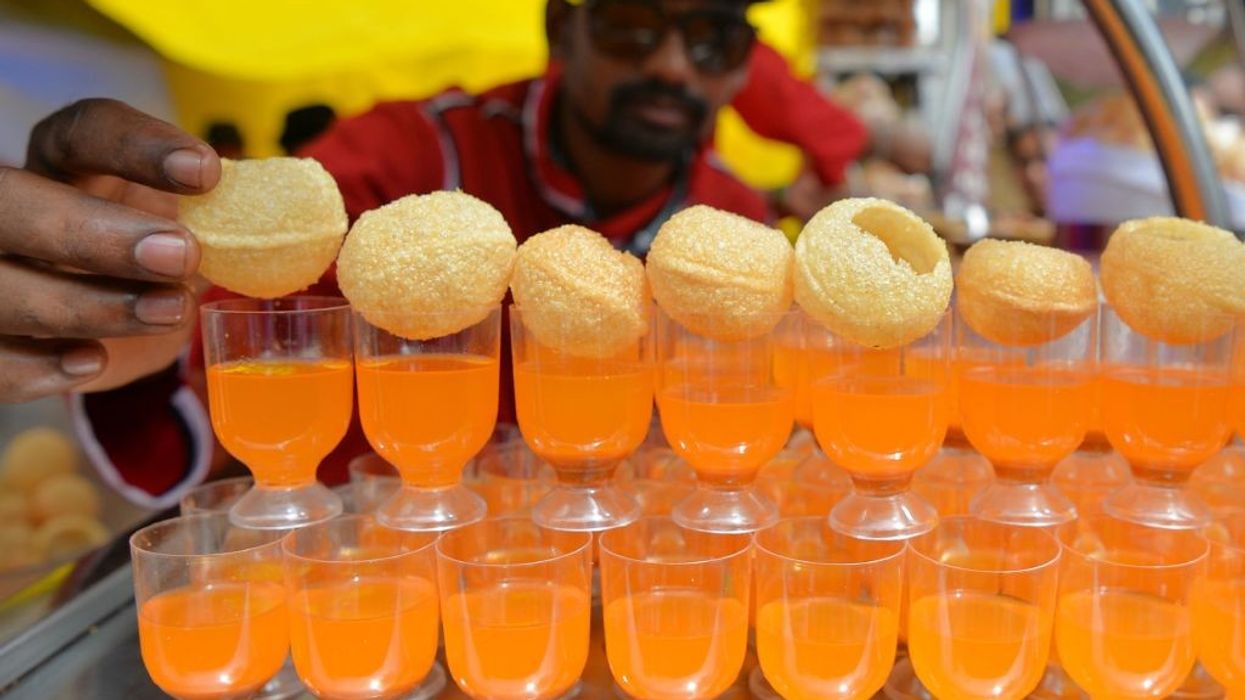The sale of Pani Puri has been banned in Nepal's Kathmandu due to rising cholera cases in Lalitpur Metropolitan City.
The authorities of Lalitpur Metropolitan City (LMC) last week had decided to put a ban on the sale of Pani Puri on the streets in view of emerging cholera cases until further notice. One of the most consumed and a favourite amongst people of all age groups, Pani-puri stalls are found in most of the corners around Kathmandu Valley.
"I am totally against the idea of banning it with immediate effect, the water used during the consumption should have been checked at first and then make proper arrangements for the healthier one," Monika Malla, one of the Pani-Puri lovers told ANI.
Expressing concern over the ban, she said, "Immediate ban on such businesses might bring on the positive impact from a health perspective but will hamper the economy of those who rely on it."
According to the Department of Health Services (DHS), 12 people from the Kathmandu Valley have been confirmed to have contracted cholera.
Of the infected, eight were discharged from the hospital after recovery, and four are still receiving treatment.
The valley reported the first case of the infectious disease on June 19.
The two infected aged 18 and 23, who were living at Bagbazaar, were admitted to the Shukraraj Tropical and Infectious Disease Hospital in Teku on June 16. They were later confirmed contracting the disease at the hospital.
"The decision to put a ban on the sales of Pani Puri is completely inappropriate. This ban would put a direct impact on small businesses and would lay an effect on their livelihood. Rather than a ban, measures can be undertaken to increase the level of sanitation to safeguard the people's health," Aryan Dhimal, another foodie told ANI.
Nepal is endemic to cholera with the potential for outbreaks due to an inadequate supply of safe drinking water and unhygienic conditions. An estimated 30,000 cases and 911 deaths per year are recorded during the monsoon months of May through September.
Vibrio cholera 01 Ogawa serotype has been confirmed in stool samples of all infected patients, according to health ministry officials. Cholera is a highly infectious disease that causes severe diarrhoea and vomiting, which causes dehydration and can lead to death within a few hours if left untreated.
(PTI)




